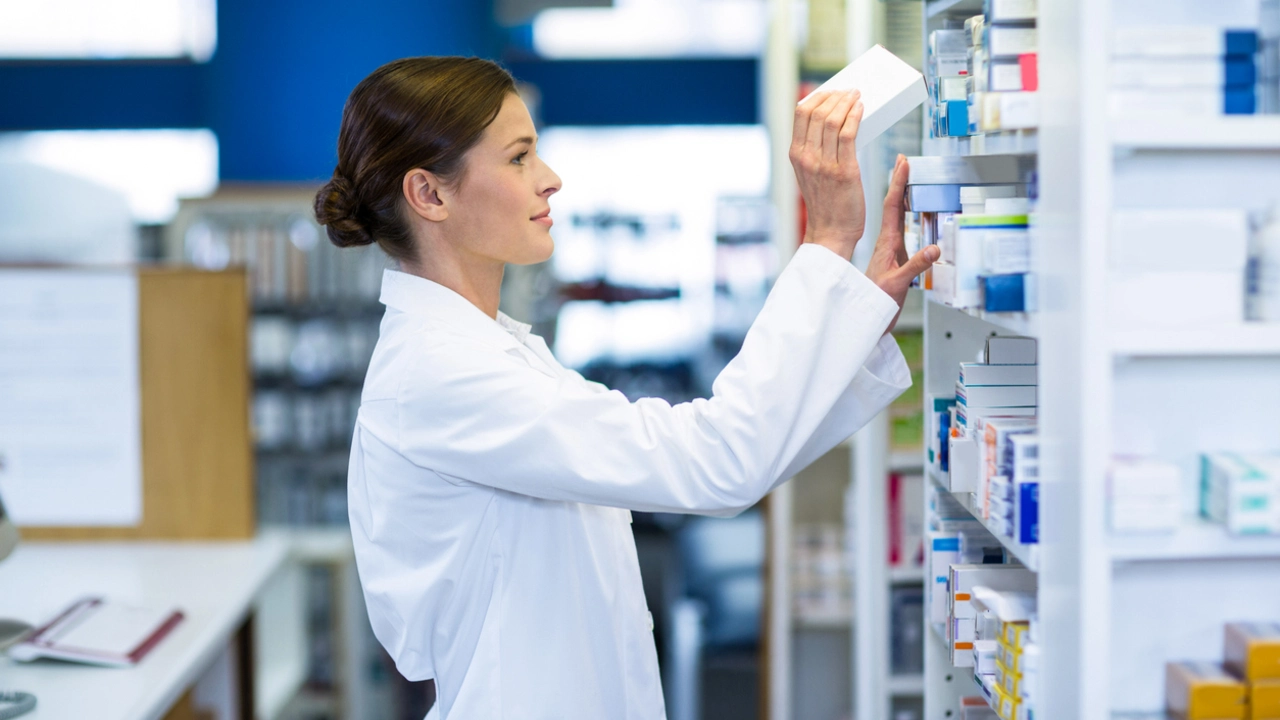Safe online pharmacy: how to buy meds online without risk
Thinking of buying medicine online? You can save time and money, but you also need to be careful. This page gives clear, practical steps to spot a legit online pharmacy, what to check before you order, and simple ways to protect your privacy and wallet.
Start by asking one question: does this site act like a real pharmacy? Legit sites publish a physical address, phone number, and the name of a licensed pharmacist. They require a prescription for prescription-only drugs. If any of those are missing, walk away.
Quick checklist before you order
Use this short list every time you consider a new site: look for HTTPS and a valid security certificate; confirm a real business address and phone number; check that a pharmacist is available for questions; require a prescription for prescription meds; read recent user reviews on independent sites (not just testimonials on the pharmacy page).
Also compare prices. If a drug is dramatically cheaper than other reputable sellers, that's a red flag. Some legitimate generics are cheaper, but “too cheap” often means counterfeit, expired, or unsafe products. Sites like the ones reviewed on this tag (for example UniversalDrugstore.com and my-generic-pharmacy.com) show how to compare features, not just price.
Common red flags and how to handle them
No prescription accepted: any pharmacy that sells controlled or prescription-only drugs without a real prescription is likely illegal and unsafe. Fake contact details: test the phone number and check the address on Google Maps. Poor labeling and no drug information: a real pharmacy lists dosage, interactions, side effects, and storage info.
Watch for aggressive marketing like constant pop-ups, impossible discounts, or promises that a product cures everything. Also avoid sites that ask for odd payment methods like wire transfers, cryptocurrency without clear refund rules, or only gift cards. Stick to credit cards or reputable payment processors that offer fraud protection.
Shipping and customs: check shipping times and whether the pharmacy ships from overseas. Some countries have strict import rules — you may need to get approval, or your package could be seized. Track orders and keep receipts so you can dispute charges if something goes wrong.
Privacy and records: read the privacy policy. Good pharmacies protect your personal and medical data and explain how they store it. Keep copies of prescriptions and emails. If you suspect counterfeit medicine (different color, smell, or unexpected side effects), stop taking it and contact your doctor immediately.
When in doubt, ask your local pharmacist or doctor to review the site or product. Use reputable comparison articles on this site tag to find safer options and reviews. A few minutes of checking can save you real risk and keep your treatment on track.

